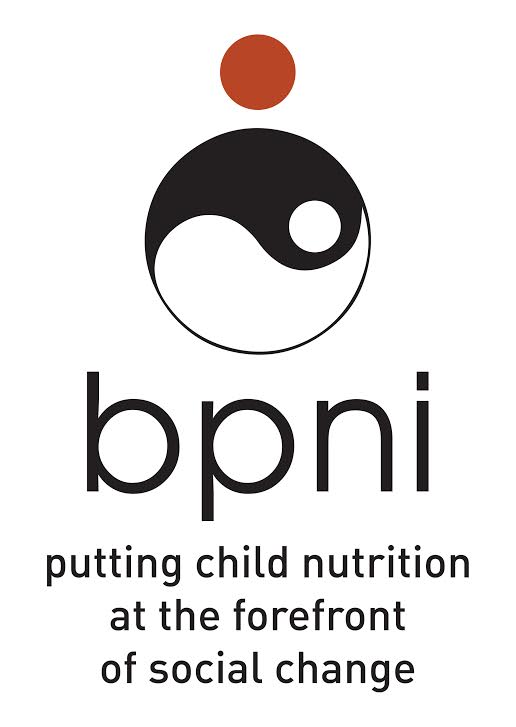Breastfeeding: What it is and why is it important?

Introduction
Breastfeeding is the first form of nourishment that any child receives. Breastmilk is the first food which marks the nutrition journey of any human being and hence, it is very essential. It forms the basis for life-long good health. Breastfeeding provides all the three pillars that any baby requires: Nutrition, affection and protection.
Colostrum
Colostrum is the yellowish, thick and sticky milk that is secreted for the first few days and is like an elixir for the child.
Benefits of colostrum
- It is easily digestible, contains anti-infective elements to protect the new-borns against infections and diseases.
- It stimulates baby’s immature intestines to develop, in order to digest and absorb milk and prevent the absorption of undigested proteins.
- It has a milk “gut-clearing effect” which helps baby’s gut to pass the first, very dark stool called meconium.
- It helps to prevent jaundice by clearing the bilirubin from the gut.
Benefits of breastmilk: for the child
- It is tailor-made for your child. It contains adequate nutrients including calories, proteins, vitamins such as Vit-A, Vit-C, Vitamin-D etc, minerals, Iron and many other important nutrients more than Cow’s milk.
- It is easy to digest.
- It is clean, free from bacteria and has anti-infective properties.
- It contains substances which prevent harmful bacteria from growing in intestines and causing loose stools.
- It can be served whenever the baby is hungry and has the right temperature. It does not need any preparation as it can be fed to the baby through mother’s breasts whenever the baby feels hungry.
- It is economical and free from contamination. Hence, even women in the lower economic strata can feed their children.
- It enhances brain development.
- It enhances visual development and visual acuity leading to learning readiness.
- It can be given to the child even when the mother is ill, pregnant and menstruating.
- Breastfed babies are less likely to develop non-communicable diseases such as diabetes, heart diseases eczema, asthma and other allergic disorders later in life.
- Breastfed babies have been shown to have better Intelligence quotient and develop better mathematical abilities.
Benefits of breastfeeding: for mothers
- It helps women maintain weight and regain figure.
- It reduces post-delivery bleeding and prevents anaemia among women.
- It protects the women against certain cancers such as ovarian and breast cancer.
- It works as a natural contraception and will help women space their pregnancies.
- It enhances women’s adjustment with their children if they exclusively breastfeed.
Benefits of breastfeeding: for the society
- It lowers health-care costs by reducing illness and deaths of children under five years of age. Hence it lowers the financial burden of the families.
- It helps in reducing absenteeism of mothers from work as exclusively breastfed children are less prone to diseases.
